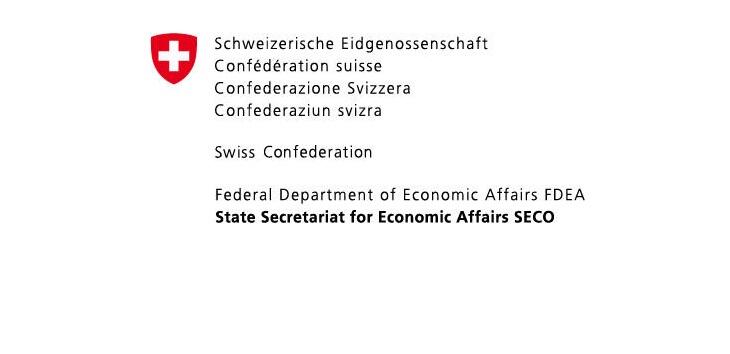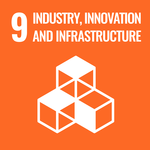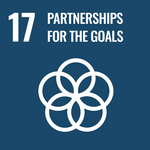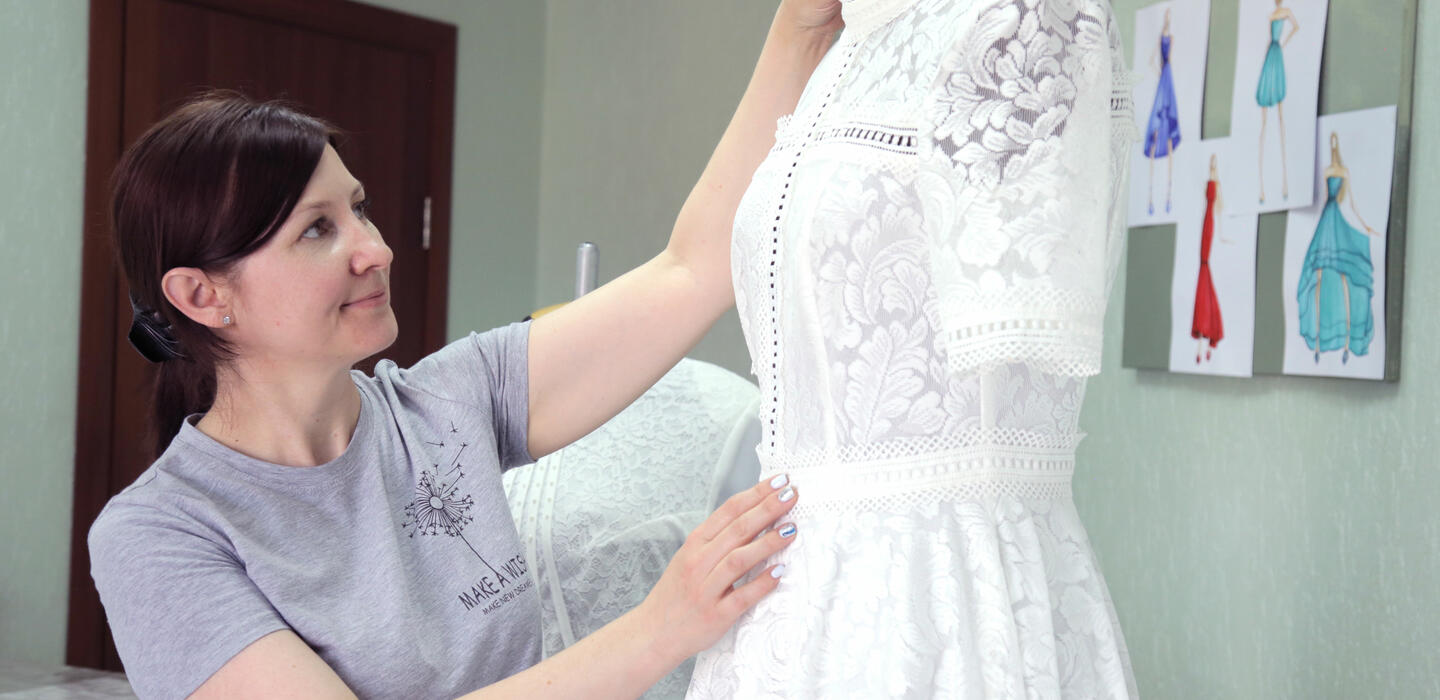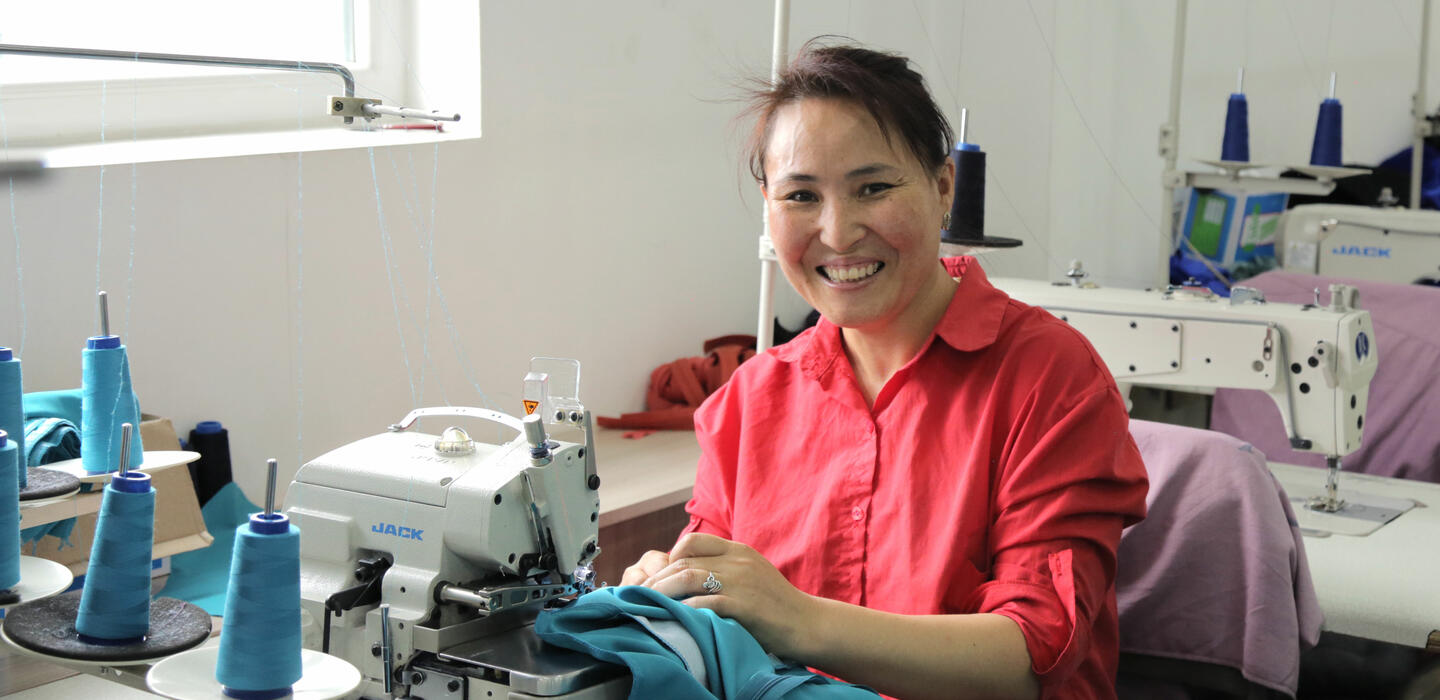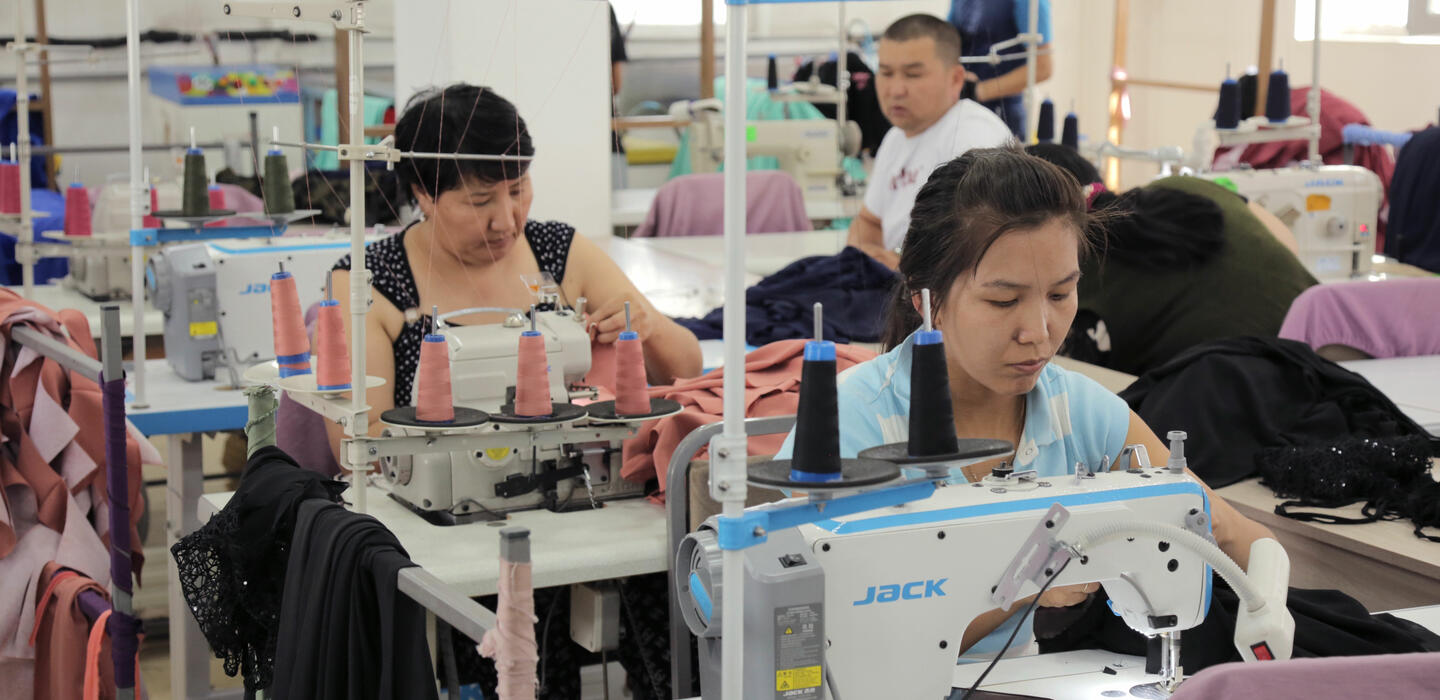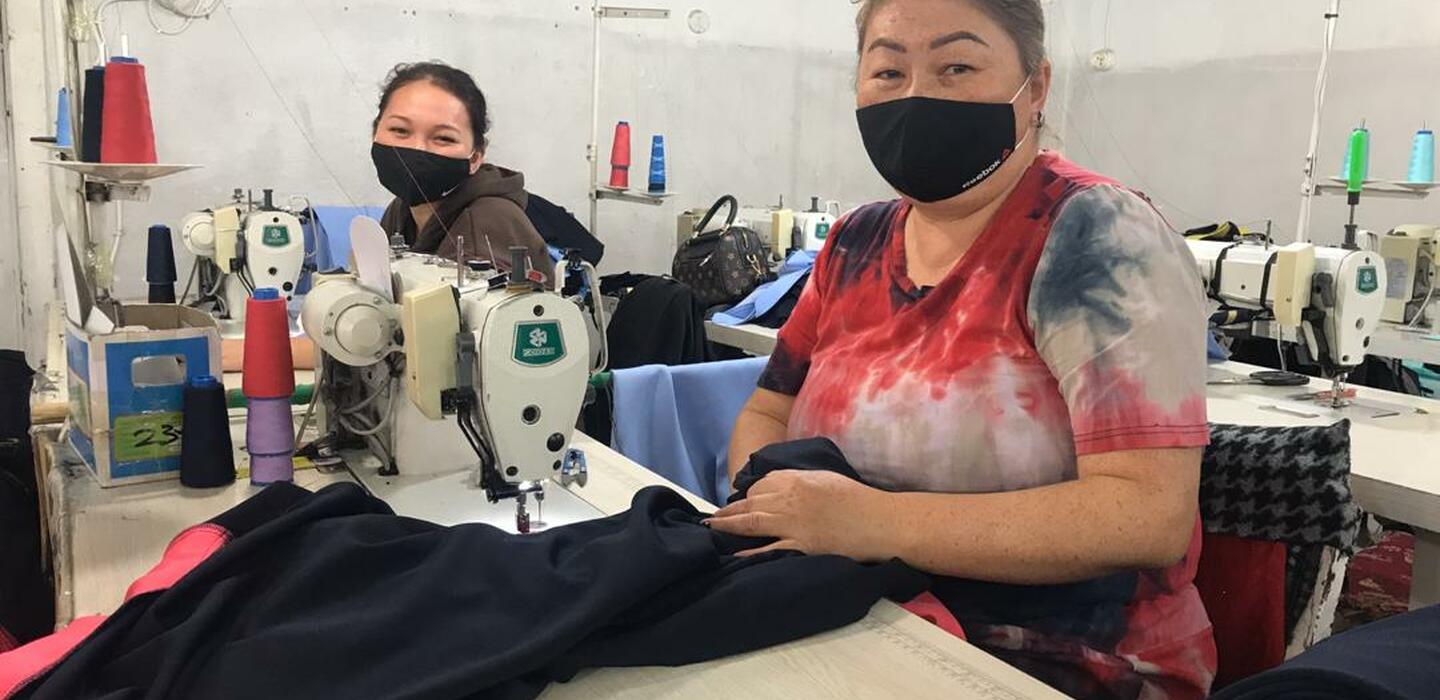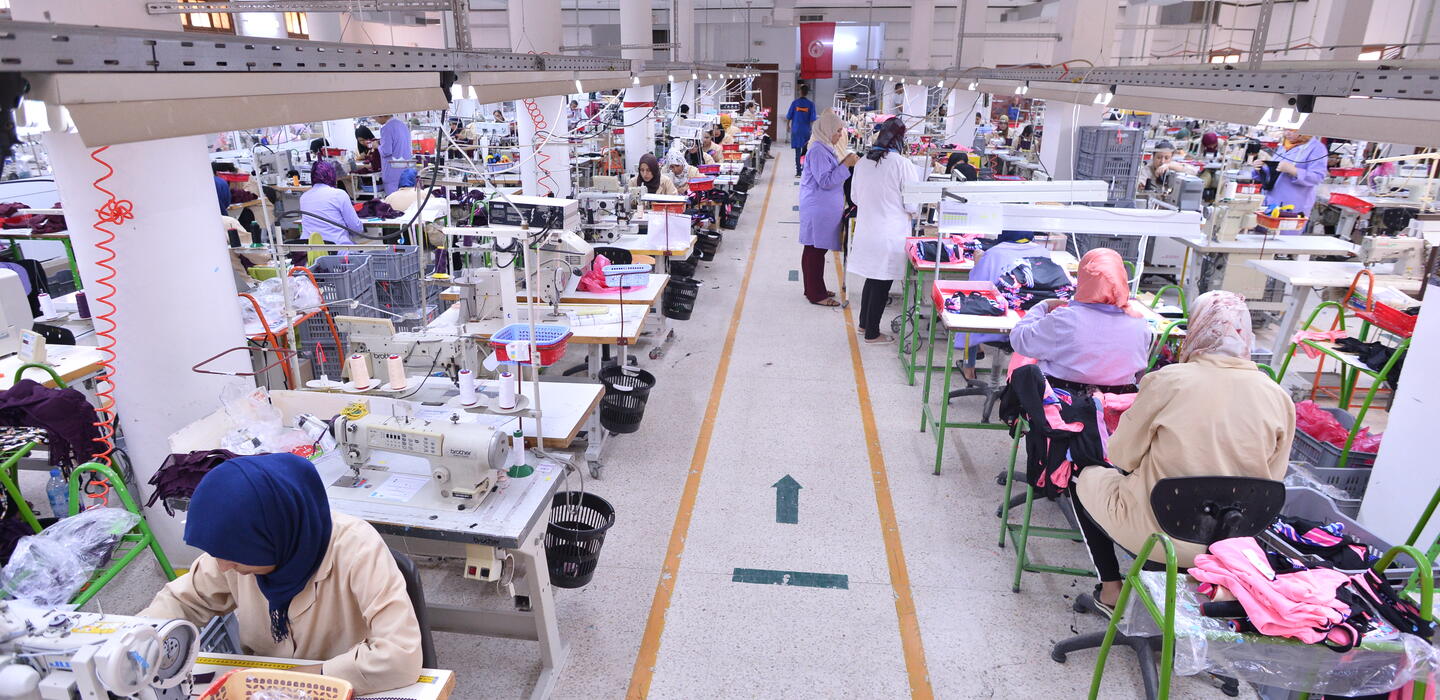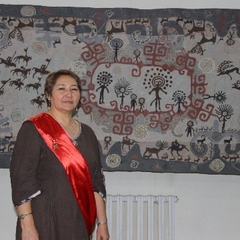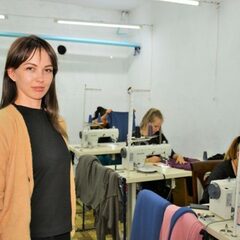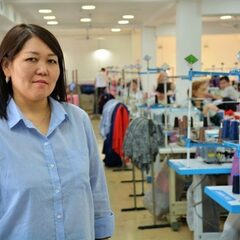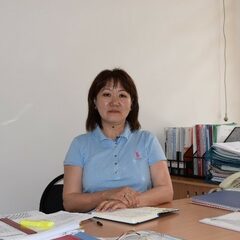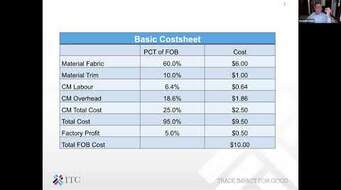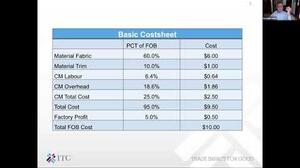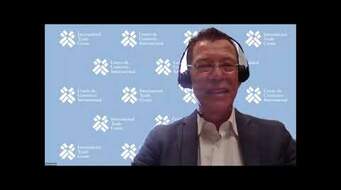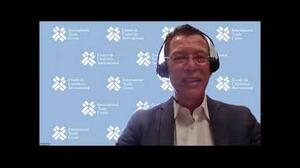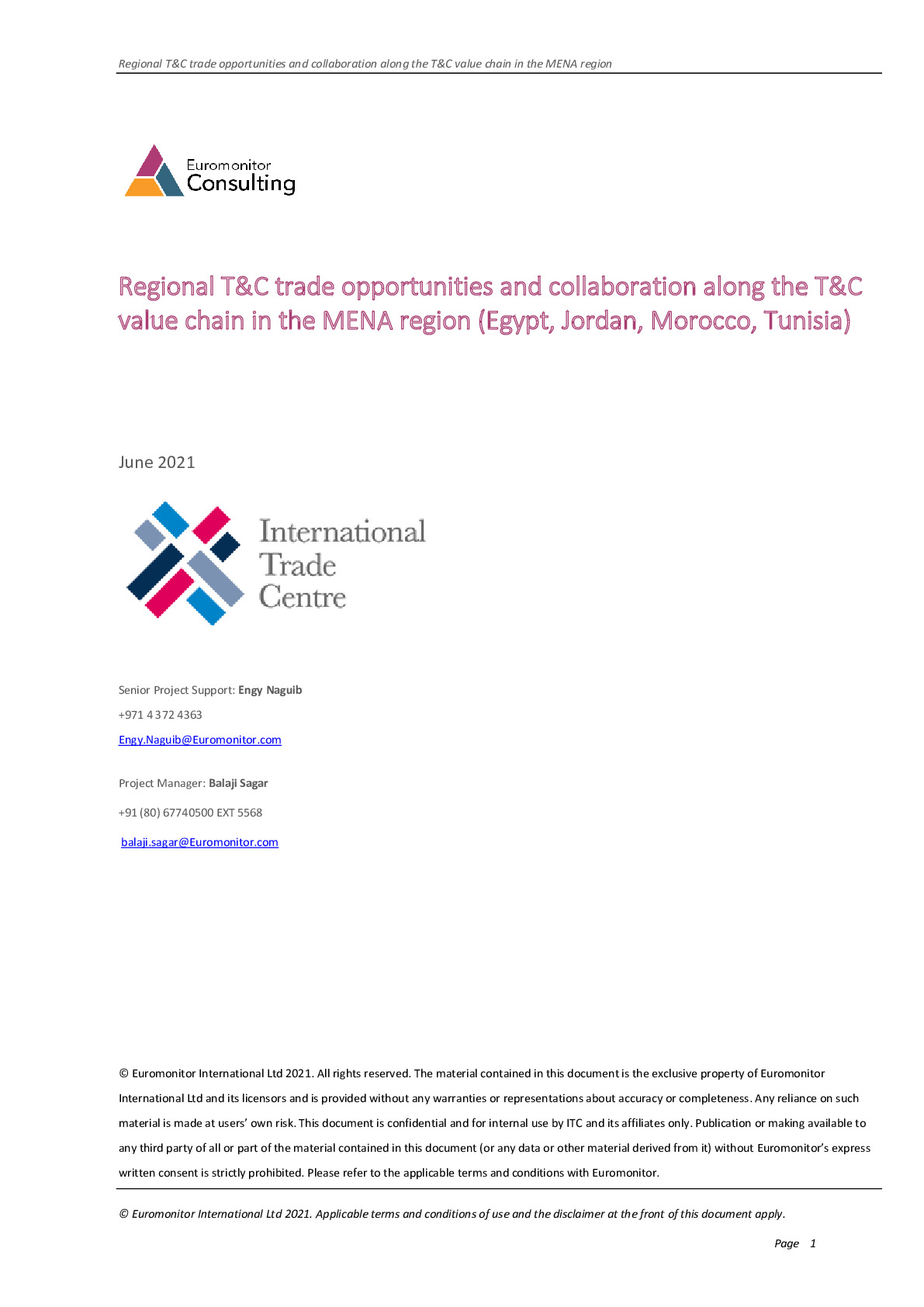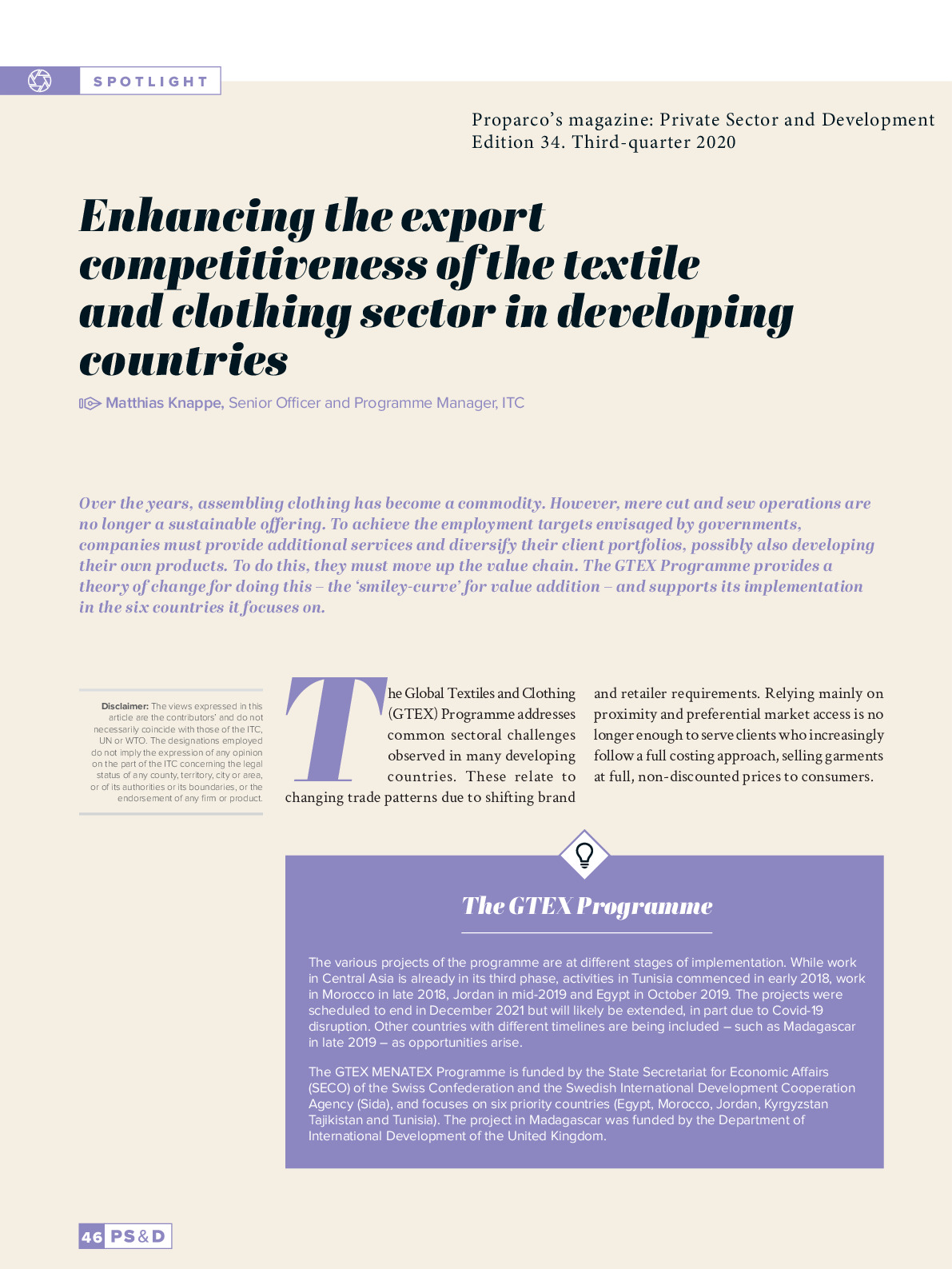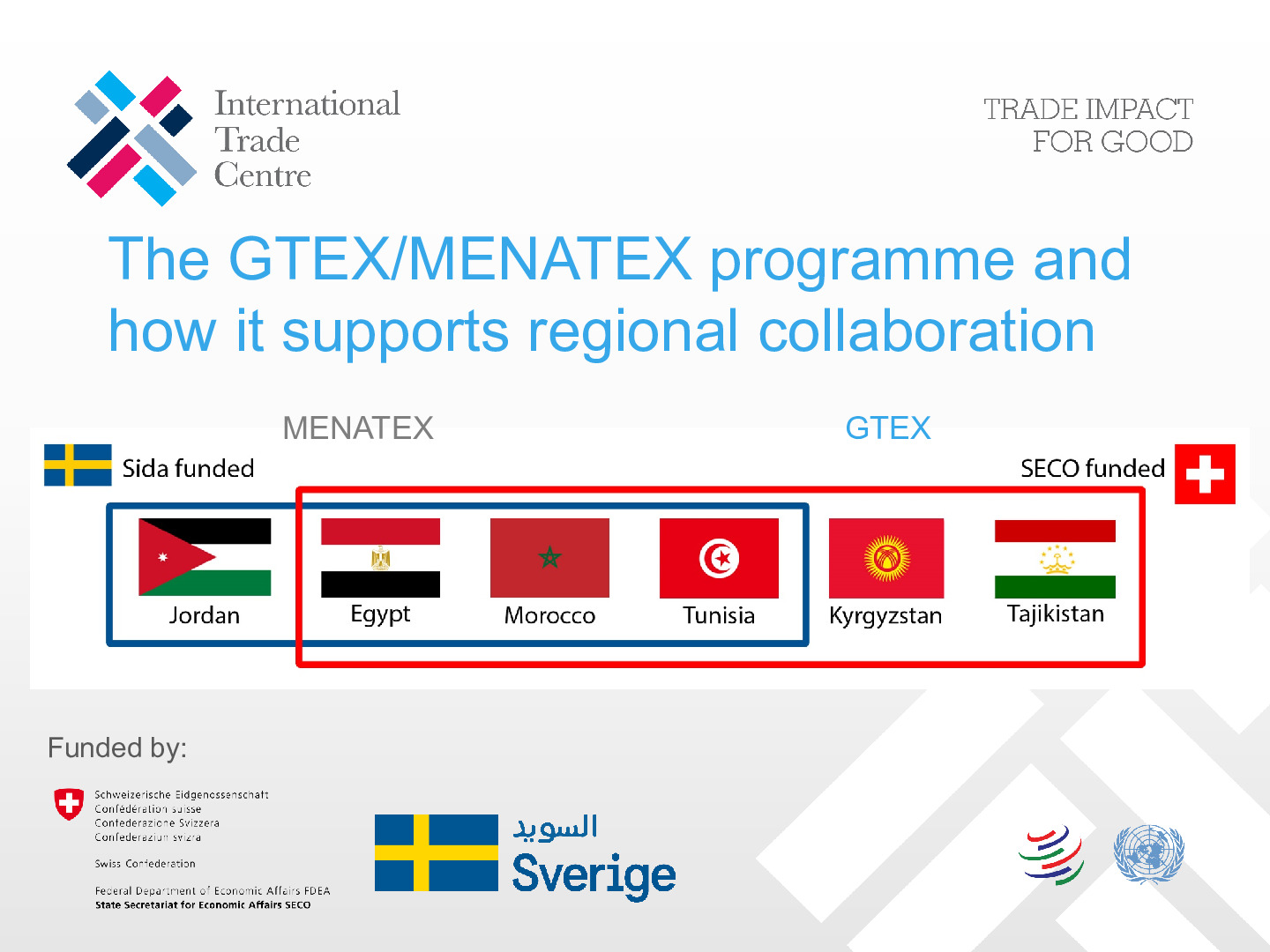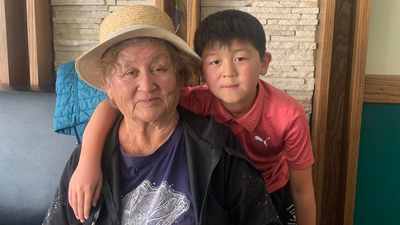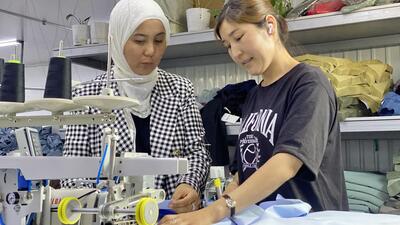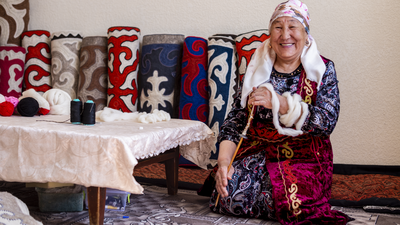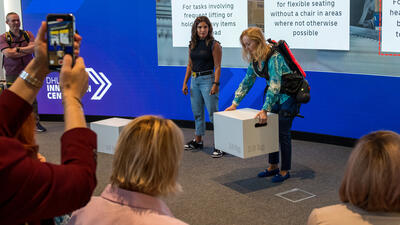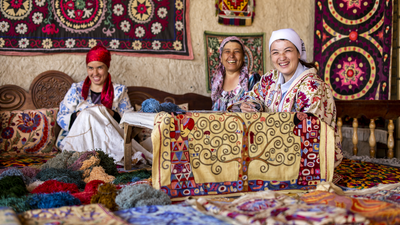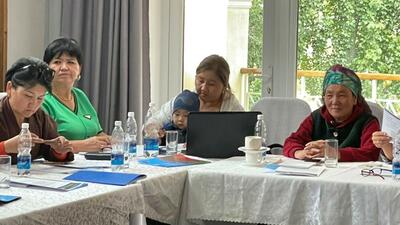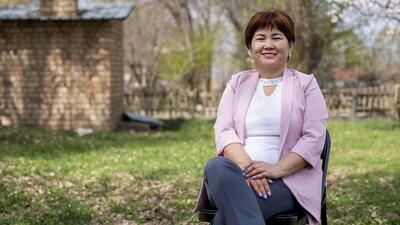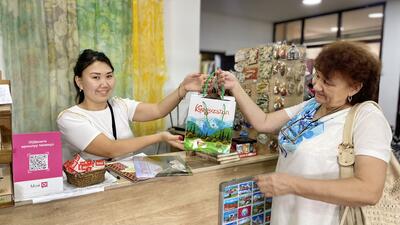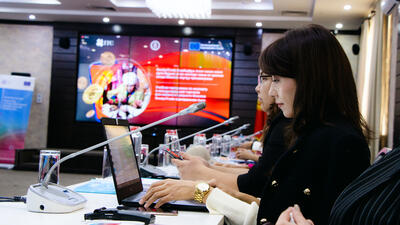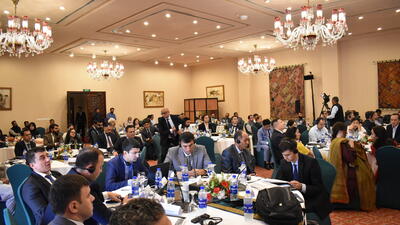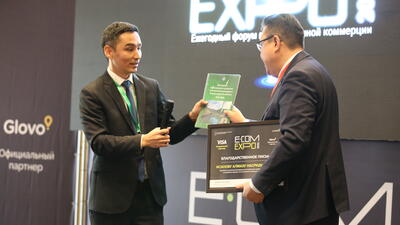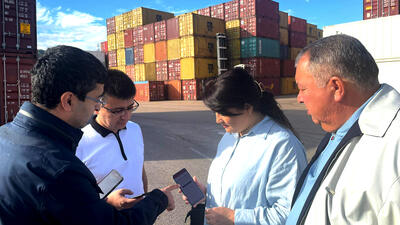
Kyrgyzstan: Improving the international competitiveness of the textile and clothing sector (GTEX)
Overview
Summary
The project for Kyrgyzstan is developed within the framework of the Global Textiles and Clothing (GTEX) programme, implmented by ITC and funded by the Government of Switzerland. The GTEX programme is to increase export competitiveness in the Textile and Clothing sector in five selected countries. These are Egypt, Morocco and Tunisia in North Africa and Kyrgyzstan and Tajikistan in Central Asia.The project in Kyrgyztsan builds upon the achievements of the previous technical assistance projects delivered by ITC in cooperation with SECO in the textile and clothing sector and aims to create knowledge and capacities at institutional level to serve enterprises and meet their demand for services. The project will continue to support selected SMEs by connecting them to markets and value chains.
Partners
Sustainable Development Goals
GTEX supporting second largest industry of Kyrgyzstan
ITC’s Global Textiles and Clothing Programme (GTEX) and its related work in the Middle East, North Africa and Central Asia aims to create jobs and increase the income of small and medium-sized enterprises (MSMEs) in the textile and clothing industry (T&C). Strengthening the sector and boosting exports will have an enormous impact as the entire garment industry employs up to an estimated 150,000 people, 90% of whom are women. Most of the businesses are also women-owned.
In Kyrgyzstan, ITC invests in educational institutions such as the “Industria Kadrov” training centre to link academia to the textile and clothing sector, and to help students and young women qualify to work in the national apparel and fashion design sectors.
Rebounding from the COVID-19 economic crisis
Kyrgyzstan’s clothing sector was badly hit by the COVID-19 economic upheaval. Businesses had to cope with a lack of raw materials, personnel, financial resources, and logistical problems, making their finished products less competitive.
To support the Kyrgyzstan textile and clothing industry, we adjusted our approach to focus on digitalizing operations. This helped companies improve their digital processes and online presence, making them more competitive.
Our client companies rebounded thanks to our project’s support, with some showing a 10% increase in production volumes and a 20 % increase in exports. Some of our clients are building for the future by investing in specialized equipment, infrastructure, strengthening staff capacities, and expanding into new technologies.





